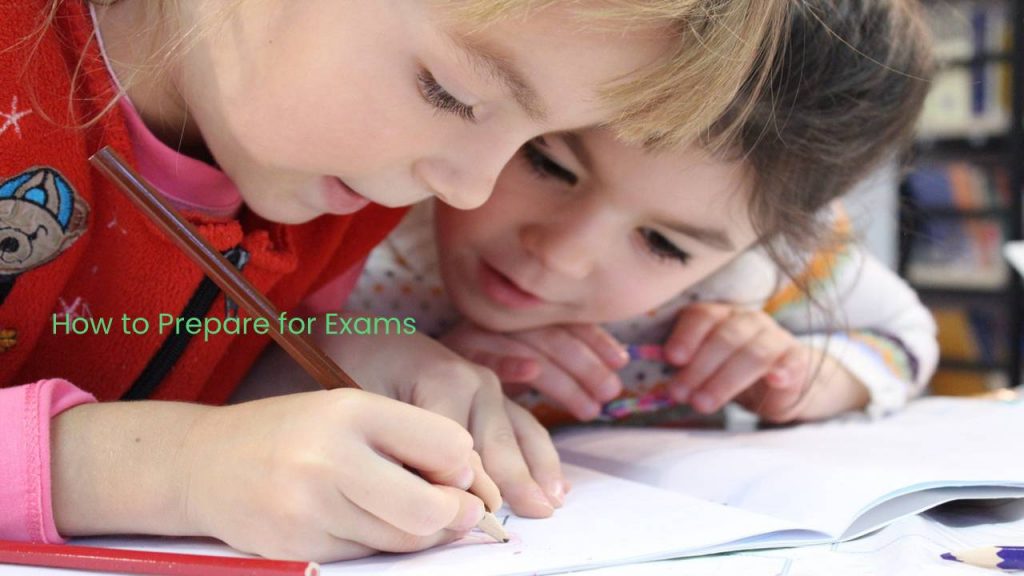Imagine getting a good grade on that exam or test. You live by Benjamin Franklin’s statement, “By failing to prepare for exams, you are preparing to fail.”
This is what most students fail to do, and they never achieve the academic success they want. They never prepare; therefore, they are bound to fail and are always fearful.
But this fear or fright doesn’t have to faze you anymore with these exam preparation tips. Therefore, here’s a list of tips that will bring you better grades and reduce your stress level.

Table of Contents
10 Tips on How to Prepare for Exams
-
Do Not Panic
Panic is a result of the feeling that something bad is about to happen. For a student, this can be that you are about to fail or going to fail in the exam.
Remember that by panicking, you aren’t helping yourself. Take some deep breaths, relax, and calm down, this will help you clear your mind, and you’ll be able to focus on the task at hand.
-
Remember the Concepts
Do you understand the concepts you are being taught? You should read more different books to get how that conclusion is the answer. For example, if students can read 2-3 books or articles on the American Civil War, they know more and understand what the war was all about from the causes and effects to the end.
-
Start Studying Early
William Shakespeare stated that “Better three hours too soon than a minute too late.” Don’t wait until the exam is a week away to finally read that book or finish coursework. You can start prepare for exams now, and by the end of the day, you’ll see how to study for exams can really help you.
-
Join a Study Group
If you surround yourself with students that are ready to study more, you’ll automatically become a better student. A study group helps you with motivation, and you’ll learn much faster than doing everything on your own.
-
Self-Test
Here you are quizzing yourself to see whether you understand what you have been studying or learning. This is much more effective than studying and assuming you’ve understood what you’ve learned, read, or studied.
-
Revise Your Past Exams
This is great in helping you identify what your strengths and weaknesses are. The more revision you make, the fewer mistakes you’ll make in the exam. Also, you will be less nervous and anxious.
-
Be Organized
“For every minute spent organizing, an hour is earned.”
Therefore, organize your schedule, study time, study notes, you can even pay for essays, and save some time; however, make sure to check everything properly and understand the provided materials.
-
Get Enough Sleep
That means that an adult human being needs 7-8 hours of sleep. So by having enough sleep, you are more productive, have better memory, and are less stressed.
-
Ask for Help
Studying is not a one-man army; therefore, you should be willing to ask for assistance if you don’t understand a topic or concept. The same way you get help with college homework, it’s not wrong or criminal to ask for help from teachers and fellow students.
-
Get Rid of Distractions
Distractions are everywhere from your smartphone, TV, social media, and even your pet. If you’re willing to study effectively, these distractions need to be removed by turning off your phone and finding a study room away from your favorite TV show or pet.
With these, you will achieve more in your studying process, and your grades are expected to be better. Also, confidence in your abilities in tackling or passing that exam will be high.

